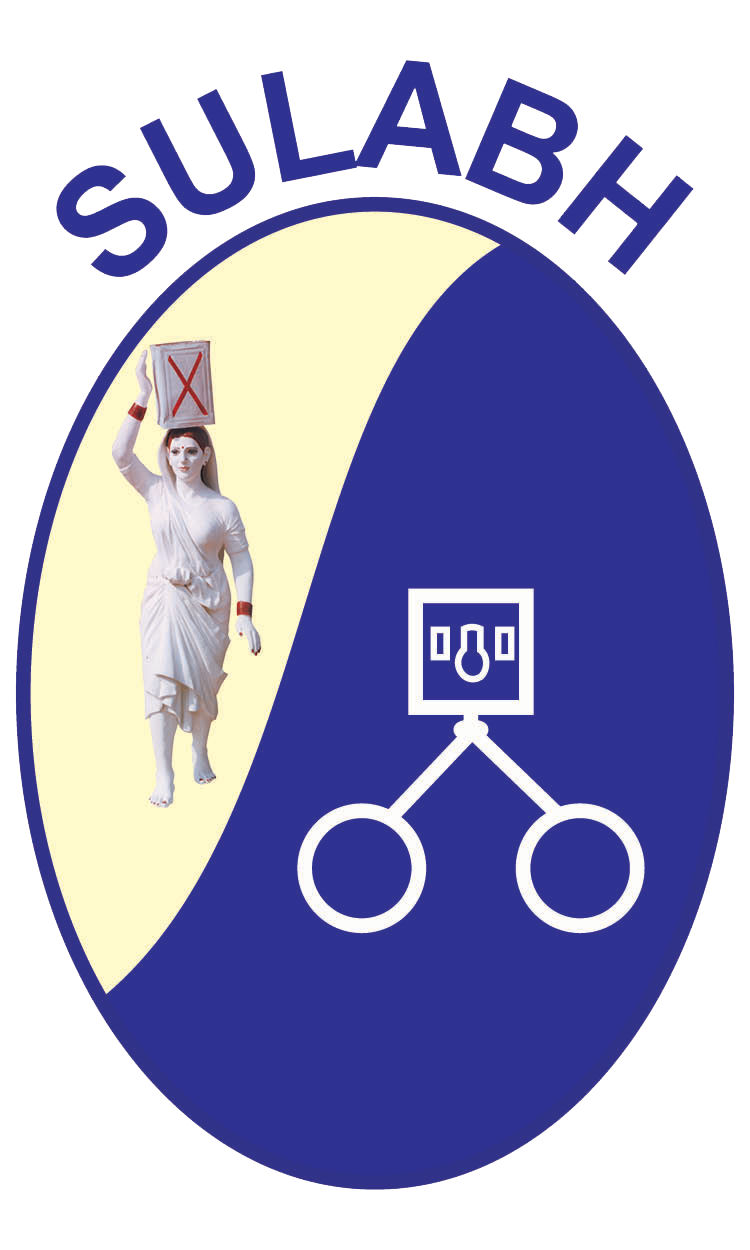OBITUARY| VOLUME 402, ISSUE 10413, P1618, NOVEMBER 04, 2023
Sociologist who built a national sanitation movement in India. Born on April 2, 1943, in Rampur Baghel, a village in Bihar, India, he died of cardiac arrest on Aug 15, 2023, in New Delhi, India, aged 80 years
Bindeshwar Pathak lifted sanitation standards in India by launching a movement to replace open defecation or dry toilets with a more hygienic and safer two-pit toilet. That was a springboard to even broader social reforms that benefited the least privileged in Indian society, including the manual scavengers who had cleaned the dry toilets and disposed of the waste. “This was revolutionary, pioneering work to improve health care and hygiene”, said Kamna Prasad, a long-time friend and the Founder of the Jashn-e-Bahar Trust in New Delhi, India. “He improved the lives of thousands of people by getting rid of the manual scavenging, which is the most dehumanising situation.”
Raised in an upper caste Brahmin family, Pathak was shaped by an early experience. When women from the lower caste, known as Dalits, came to the family’s house, his grandmother sprinkled the ground with water. When he asked why, she explained “that the woman was an ‘untouchable’—someone who pollutes the land”, he recalled in an interview. A curious young Pathak touched one of the women on her next visit; his grandmother saw him and insisted he be purified. “He saw the way Dalits were being treated as outcasts with no opportunities in life”, said Sutirtha Sahariah, the Senior Vice President and Head of Communications for the non-profit Sulabh International Social Service Organisation (SISSO).
After graduating in 1964 with a degree in sociology from Bihar National College in Patna, Pathak joined the city’s Gandhi Centenary Committee as a volunteer. He later explained that he signed up because “I wanted what Gandhi himself wanted—to bring back the rights and dignity of the ‘untouchables.’” Dispatched by the Committee to the town of Bettiah, he saw the dangers of open defecation, including increased risks for women related to violence and illness. In 1968, Pathak developed a two-pit toilet system named Sulabh Shauchalaya, or accessible toilets. Pathak was relentless in his efforts, travelling “door-to-door convincing people that the toilet requires less water, and they would not need someone to manually clean it”, Sahariah said. Pathak founded SISSO in 1970. Initially dedicated to promoting the conversion to two-pit toilets, SISSO now works to promote human rights, improve waste management, and broaden educational opportunities.
In 1973, Pathak was finally given the chance to develop two of his toilets for public demonstration in the state of Bihar. A programme to introduce the two-pit toilets was soon underway throughout the state and, eventually, the country. SISSO estimates that its efforts have led to the construction of about 1·6 million household toilets. In 1974, Pathak also developed a model of low cost, pay-to-use public toilets, with the funds used to subsidise SISSO’s other projects, including vocational courses. Although Prasad said that “he faced a lot of social stigma and people criticised what he was trying to do”, Pathak pushed ahead and SISSO has now built about 10 000 public toilets in India.
Pathak had always seen the improvements in sanitation as a “tool for achieving human rights and social cohesion”, Sahariah said. “It was a strategy to uplift people out of their condition.” With manual scavengers freed from their work cleaning toilets, Pathak began to develop training programmes to help them find new opportunities. He also “paid for the education of hundreds of students”, Prasad said. In 2012, India’s Supreme Court asked SISSO for special assistance with a community of widows living in extreme poverty in Vrindavan, a city in Uttar Pradesh. SISSO organised housing, food, and training opportunities for the widows, but Pathak also personally arranged for them to be integrated into local cultural events. “He had an eye to look at those small details that are necessary not only for the physical existence, but also the mental wellbeing of the people”, said Nirod Mazumder, Chair of the International Academy of Environmental Sanitation and Public Health in New Delhi.
Pathak was the recipient of many awards, including the 2009 Stockholm Water Prize for his work in sanitation that improved public health and as an advocate of human rights. He is survived by his wife, Amola Pathak, and by a son and two daughters. “His basic aim was to mitigate the suffering of people, so he came out with technology, which he used as a tool to do just that”, Mazumder said.
Article info
Publication history
Published: 04 November 2023
Identification
Copyright
© 2023 Elsevier Ltd. All rights reserved.







